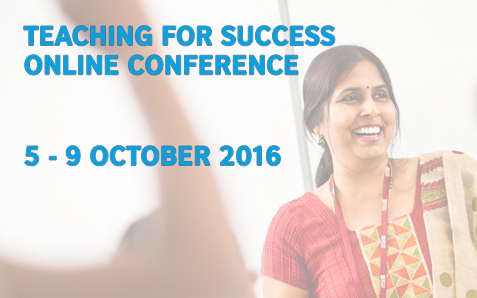
About the webinar
Assistive Technology (AT) is a broad term which includes computer software, mobile phone apps and other devices and equipment designed or adapted to help people with a wide range of disabilities. AT can make a real difference to students with special educational needs and different learning styles. It gives them tools to work more independently and can help them to overcome barriers to learning, like reading difficulties and memory problems. As well as developing literacy and numeracy skills, Assistive Technology can play an important role for learners who have difficulty with organisation, motivation and working memory. It can also be invaluable to learners with visual and hearing impairments, as well as other physical and co-ordination difficulties.
The right AT programs and tools can help students with Special Educational Needs (SEN)
- Gain confidence and build self-esteem
- Improve literacy
- Work independently
- Show what they know
- Develop social skills
- Overcome frustration and tiredness
Busy teachers often don’t have time to explore the huge variety of educational apps and accessibility features that can enhance learning for students with SEN. This webinar introduces some practical tools and resources which are free and simple to use, making the task of including and inspiring all of our students so much easier.
About the speaker
Sally Farley is a Teacher Trainer, Counsellor, Writer and SEN expert. She specialises in Inclusive Learning techniques and is currently researching into the qualities of a ‘good’ teacher from the dyslexic learner’s perspective. Assistive Technology and its value for supporting learners with SEN is another specialisation, and Sally has recently completed a chapter on this subject for a new book on SEN in OUP’s Into The Classroom series.
Sally has worked training teachers in creative methodology, SEN and inclusive learning in the language classroom both at home and abroad for the last 20 years. She also works as a Specialist Support Tutor for students with Dyslexia and other Specific Learning Difficulties at the University of Kent and the University for the Creative Arts in Canterbury.
Sally takes a humanistic, collaborative approach to teaching, using many multisensory, learner-centred techniques in order to help her students learn in the style that suits them and reach their full potential. She believes that technology has a valuable role in this process. She is interested in working with and embracing difference in the classroom, believing that every individual can become involved and enjoy language learning.
She has designed and implemented teacher training courses around the world and been a plenary speaker at many international SEN conferences. She has written two modules for the British Council‘s Secondary School Teacher Training course on Inclusive Learning and Working with Dyslexic Students and has recorded several webinars on this subject. She writes for HLT magazine and has been a speaker in two of the British Council’s seminar series. She has recently written several modules for the British Council’s SEN online course for teachers, and is currently contributing to OUP’s upcoming online courses on Dyslexia and SEN.